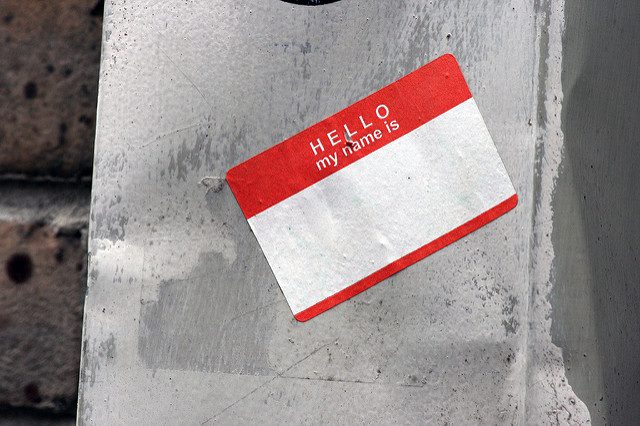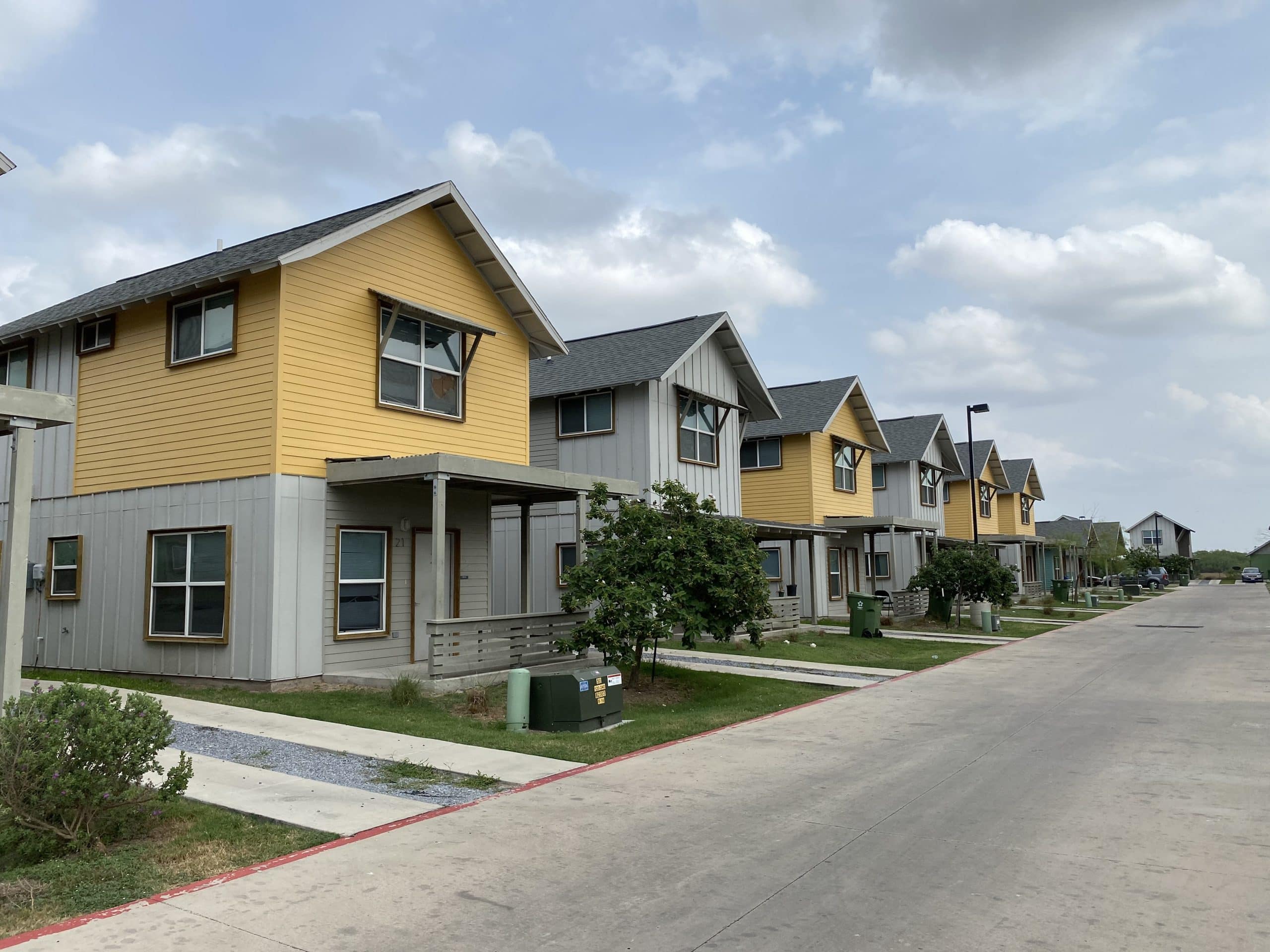
Photo by Quinn Dombrowski via flickr, CC BY-SA 2.0
Today, America is a place where symbols are often more important than the causes or deeds they describe. With social media and the 24-hour news cycle all competing for attention, we are bombarded with bite-sized thoughts that either don’t offend or are designed to prompt a reaction—any reaction. Now more than ever, we see the power of names.
Some very outspoken folks tell us that “political correctness” is society’s biggest problem when political correctness is simply thinking before one speaks and accepting the consequences. It’s one of the lessons we’re taught in kindergarten. The danger of political correctness isn’t in considering the impact of one’s words before letting them fly—it’s the fact that no matter what side of the debate you’re on, you often have a visceral reaction to an opposing point of view. Add social media to the mix and instead of a thoughtful and honest discussion, we’re inadvertently boxed into our positions; even when that means defending the indefensible.
How do progressives respond when others experience that knee-jerk reaction to our ideas? What do we do when people flinch when we talk about the things we believe matter most? Do we voice that clarion call and push through? Unfortunately, no, not that often.
More often than not, progressive policies are saddled with names that seem designed to not invoke any emotion at all. Good programs that can and have changed lives are saddled with names likes “public housing,” “Low-Income Housing Tax Credit,” “Rental Registry,” “Housing Choice Voucher Program,” and “inclusionary zoning.” Those are just a few, but there are many more. In the name of being accurate and precise, explaining all the drawbacks and pitfalls, we’ve forgotten to convey their real benefits and to lead with the positive. In short, we’ve forgotten how to persuade. These clunky titles get in the way of reminding our allies, friends, and adversaries how these policies can change lives.
Housing, one of our most basic rights, is a field where many of us advocates trip over ourselves to explain the means instead of simply talking about the end: housing for all.
What’s In a Name?
One the first priorities to come out of the HousingNOLA plan, New Orleans’ 10-year strategy to end housing insecurity, was an honest assessment of inclusionary housing policies to determine whether they would work in New Orleans.
We worked with a dozen developers and relayed the facts of the plan to the community. We found that the term, while accurate, did little to inspire confidence in the proposed policy’s ability to create affordable housing without direct subsidy. Would implementing a comprehensive inclusionary zoning policy be just another hollow victory, or would it be a step toward enshrining equity and the needs of New Orleanians in governing how and what we build? We knew it would be the latter, so why not say just it? With that decided, the Smart Housing Mix was born—no longer would we grapple with over-explaining the obvious ways that inclusionary housing works—we would work to “Fix the Mix.”
It is a term that speaks to the people of New Orleans who live with the challenges of its problematic housing market: a market that has the highest home costs in the region and the lowest wages. A market with an abundance of vacant land and properties, but not enough to meet the needs of most of the people who live here. We wanted people to immediately understand our overall purpose: to make it easier to find housing that was affordable. It was important that we allow everyone to see where they fit in the policy, as it was not a one-size-fits-all strategy.
The Smart Housing Mix will include voluntary density bonuses for areas of the city that already have higher rates of affordability and mandatory inclusionary zoning in the areas where opportunity outpaces affordability. It’s intuitive, it’s clever, and most importantly, it’s smart.
We were fortunate to work with messaging professionals to think it through because we acknowledged that we weren’t simply looking to come up with a catchy name—we wanted to persuade (because sometimes even when we’re right, people disagree with us, for good reasons).
We have to embrace the fact that the work we do, if done correctly, will change people’s lives and that is the entire point. Dr. Martin Luther King Jr. in his Nobel Prize acceptance speech said, “I have the audacity to believe that peoples everywhere can have three meals a day for their bodies, education and culture for their minds, and dignity, equality, and freedom for their spirits.” We must have no less audacity and be willing to say that clearly, distinctly and often, so people understand that we’re not simply on their side, but are working diligently on their behalf on initiatives such as the Smart Housing Mix.






Comments